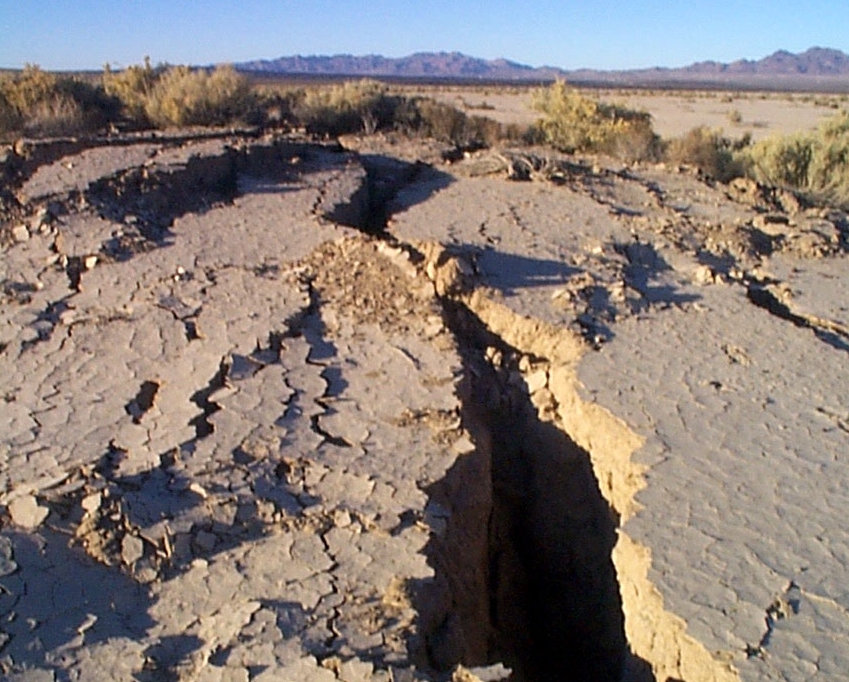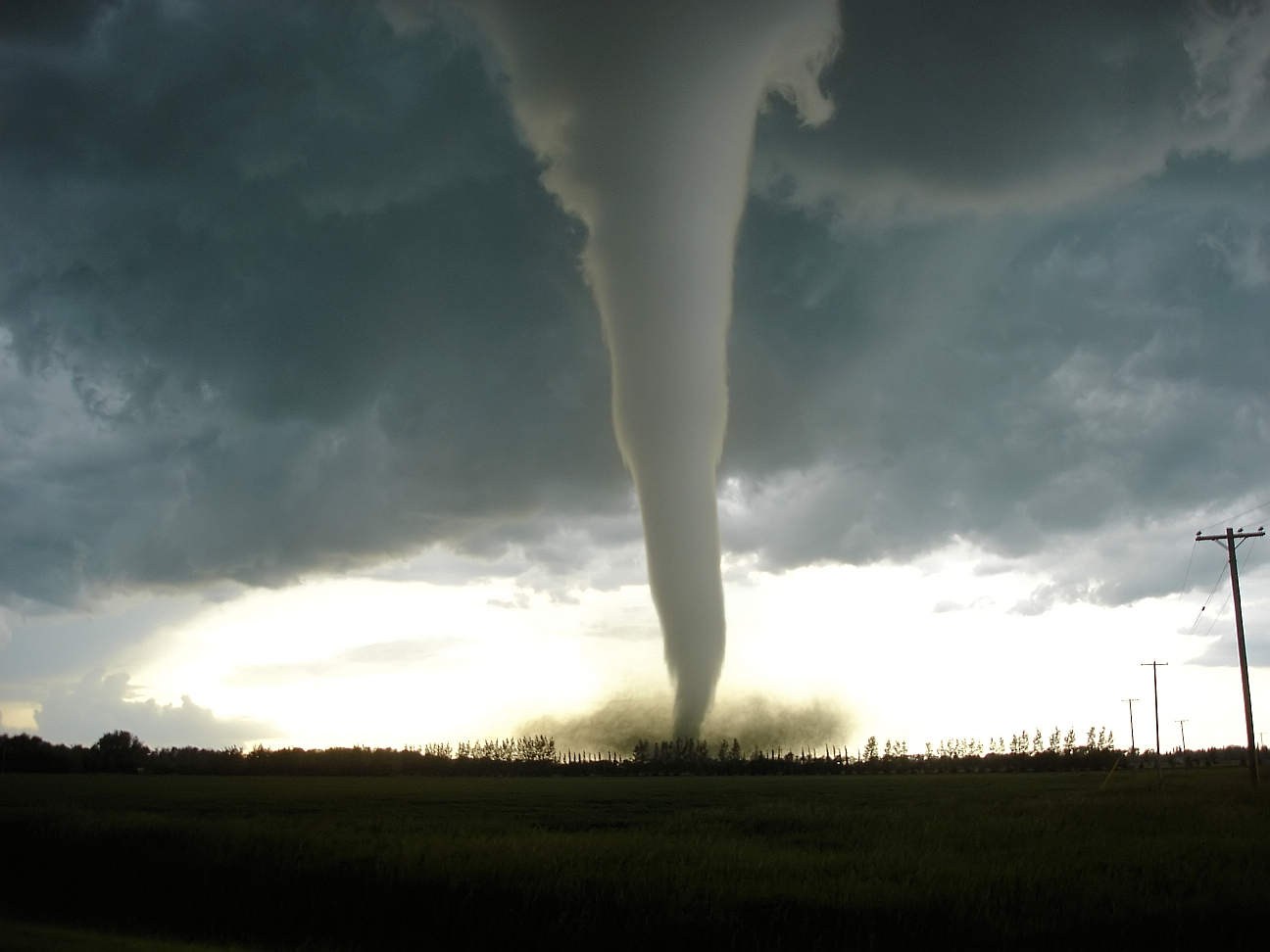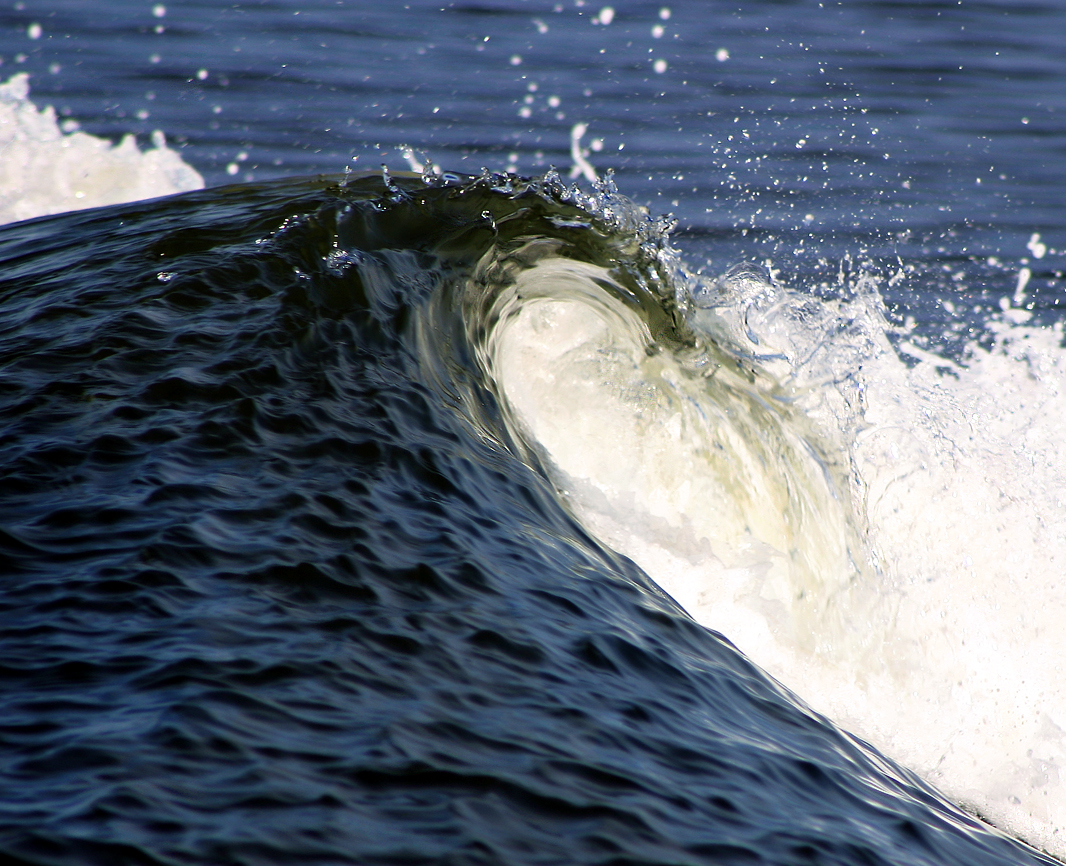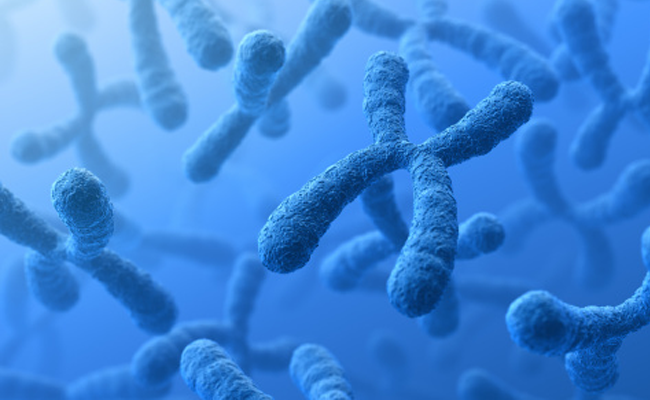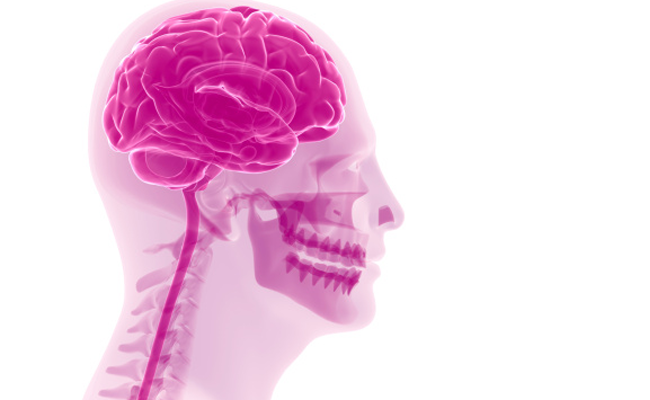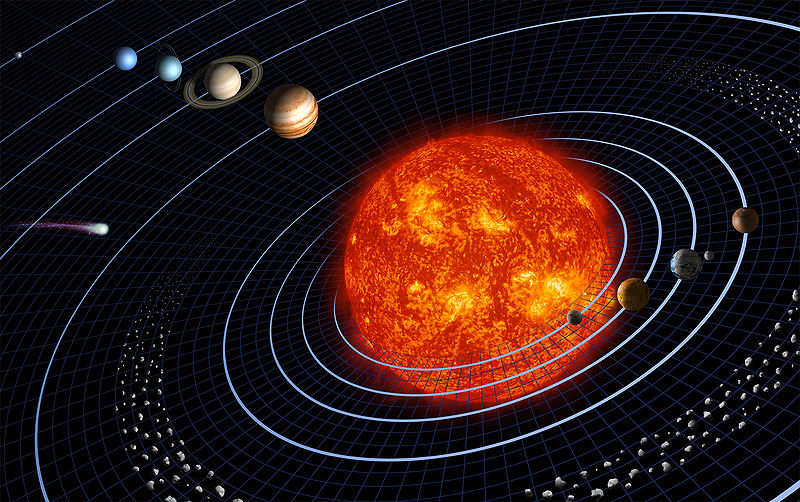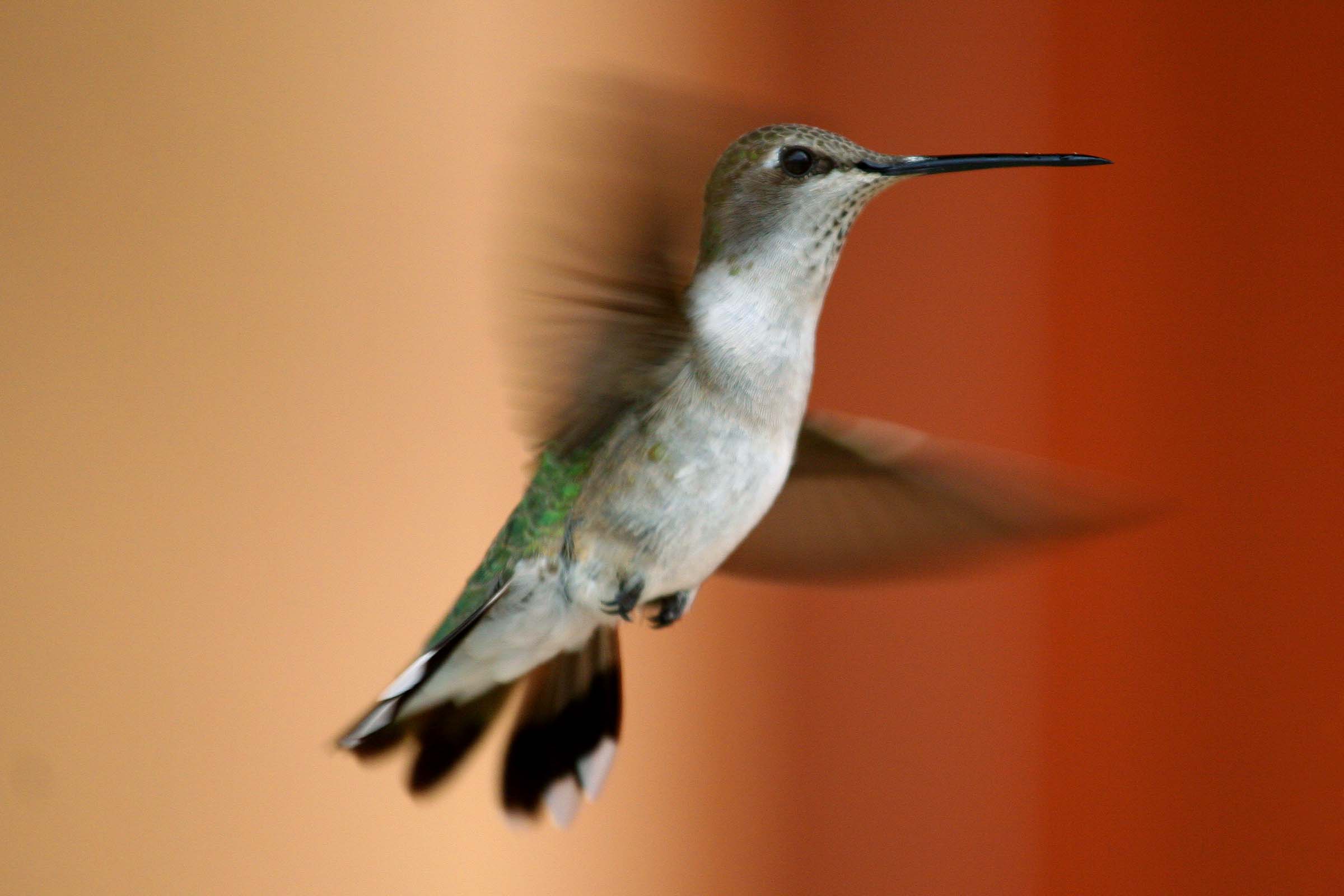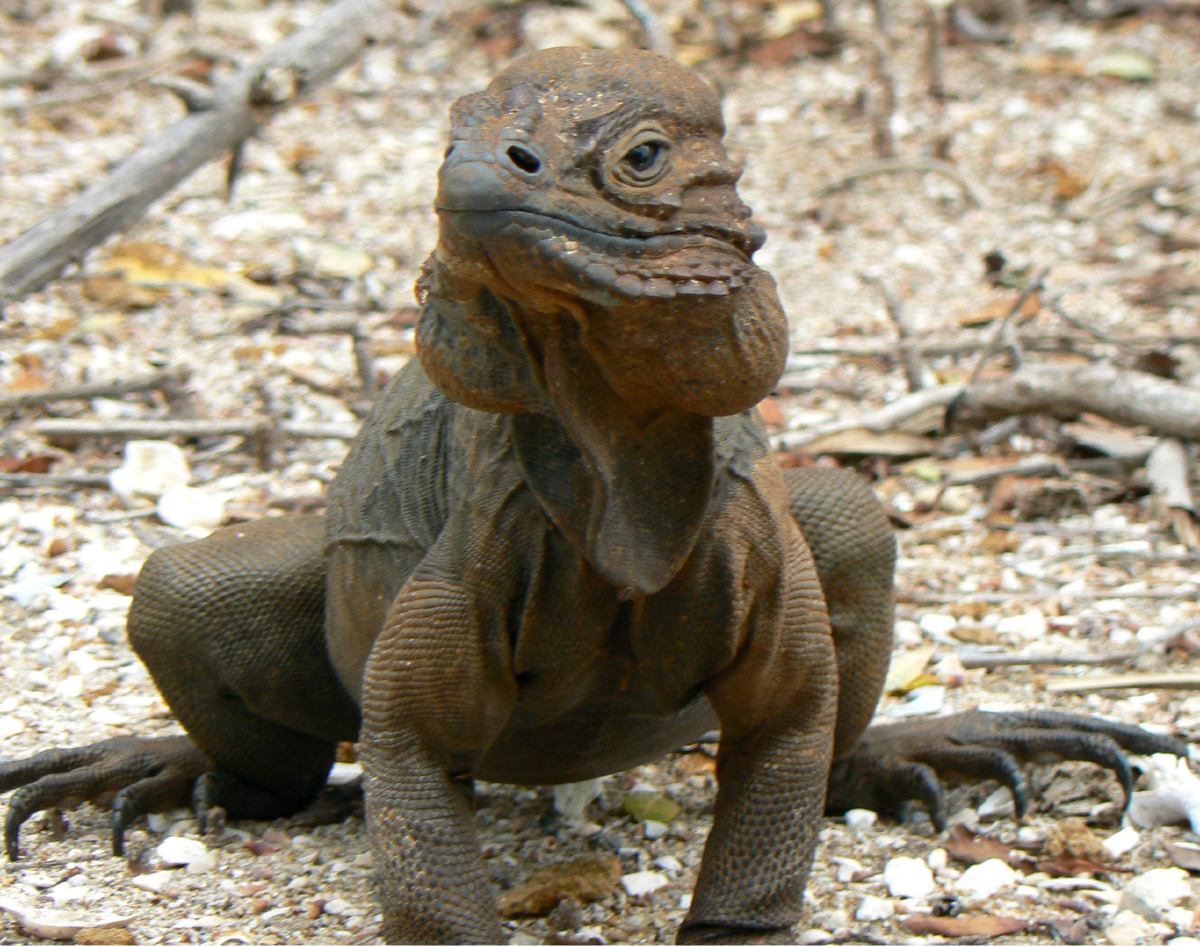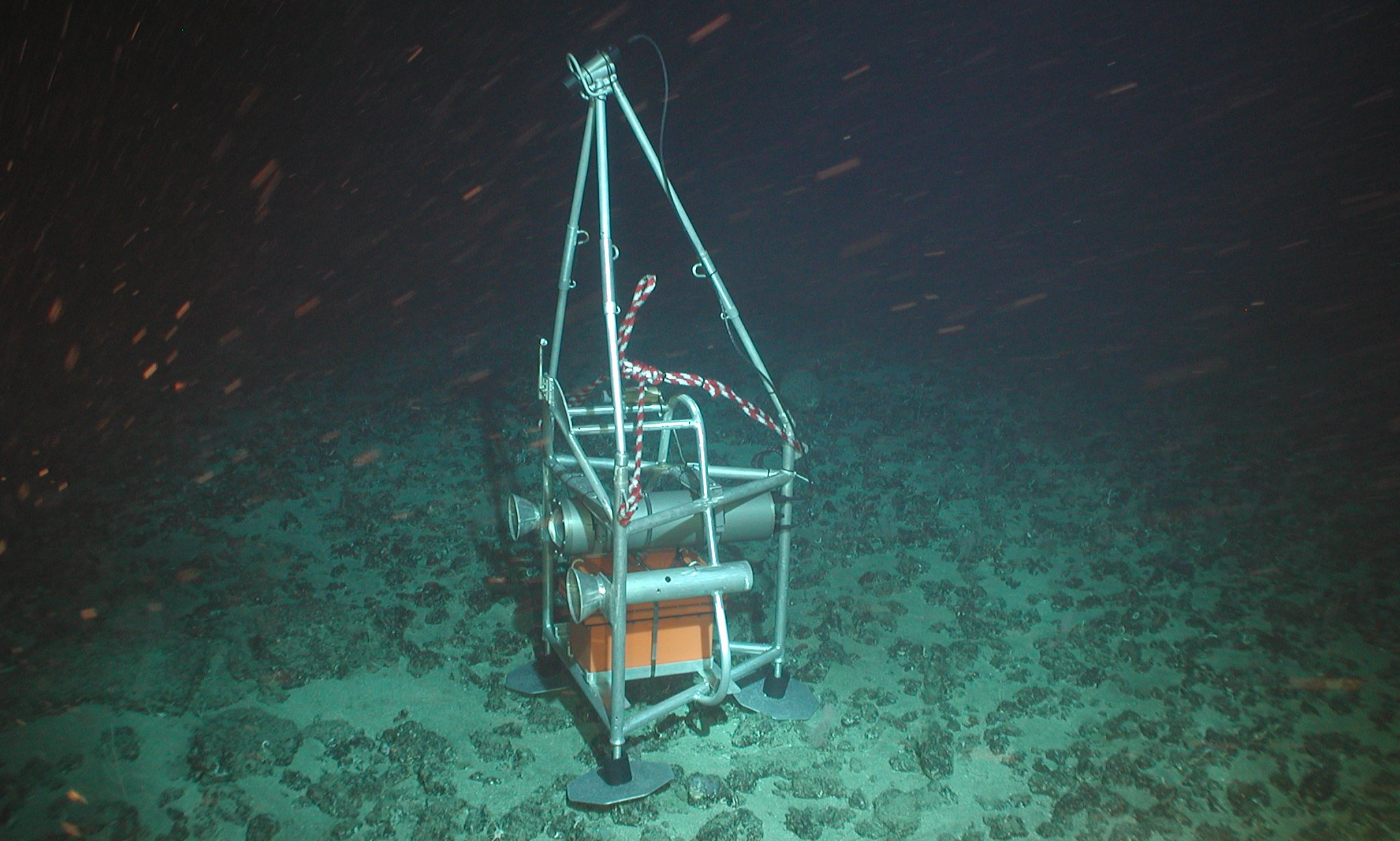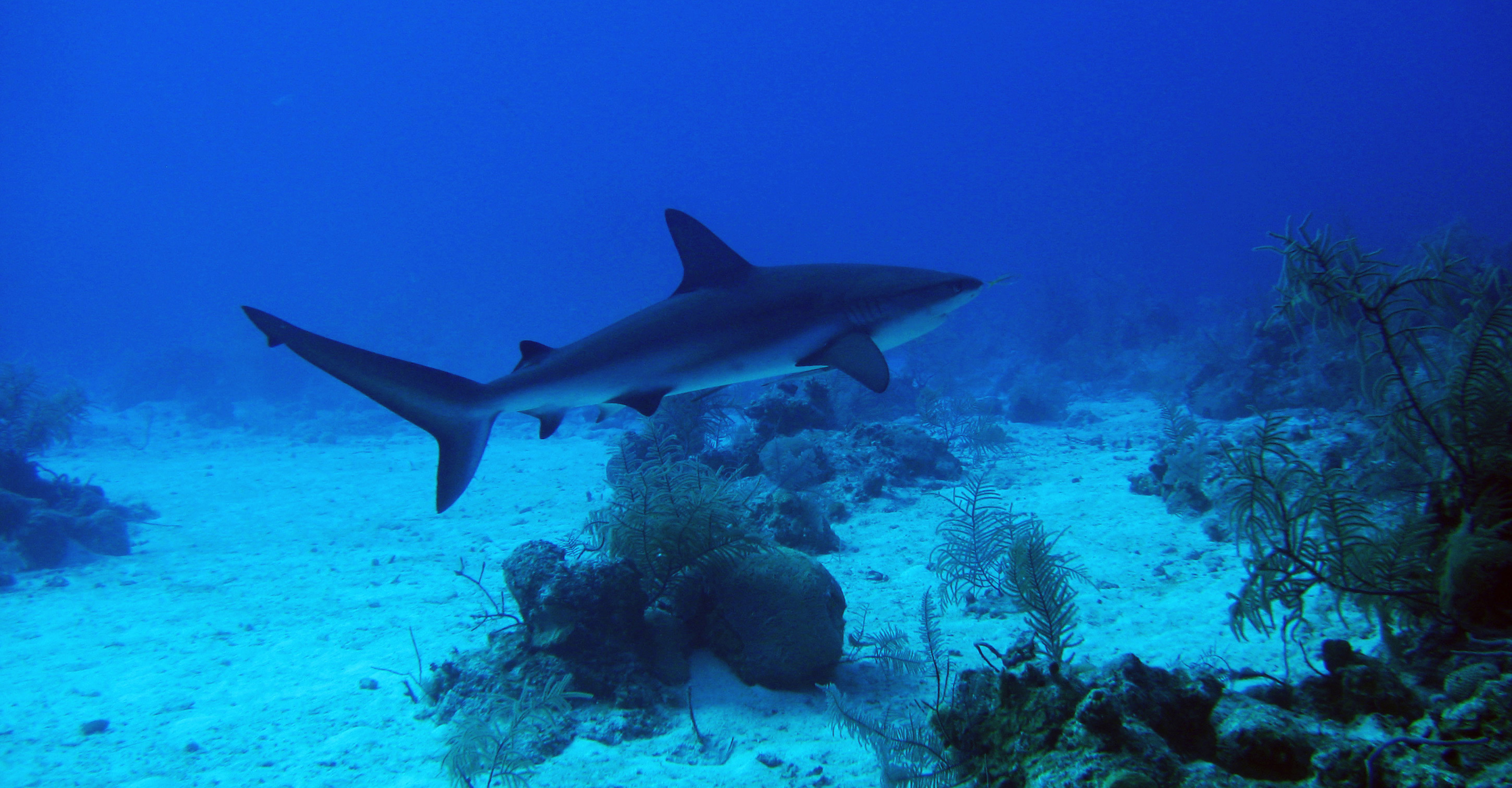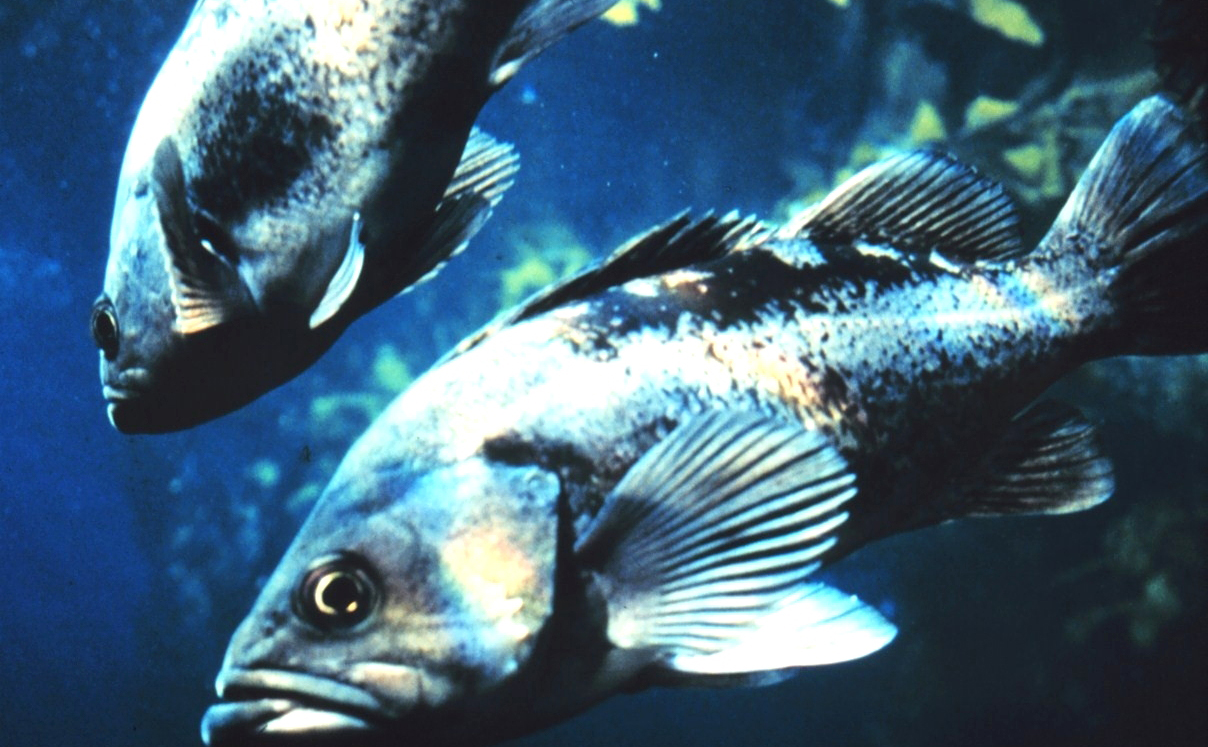Discovery
20 Results
-
Boy Scout Troop 352
Consider your child becoming a part of the boy scouts. Children can interact with positive role models as well as their peers.
-
Girl Scouts North Carolina Coastal Pines
Children will learn about health, self esteem and culture. Sign up your child today.
-
Raleigh Astronomy Club
Is your child interested in astronomy? The Astronomy Club may be for them. Learn more by following the link.
-
The Coalition for Science After School
Children can can fun through this organization, which promotes STEM education. Be sure to get in touch with your local area contact for details regarding membership in the Raleigh-Durham area.
-
Teen Advisory Board
The Teen Advisory Board at the North Carolina Museum of Natural Sciences offer teens with science research opportunities, as well as voicing their opinions on matters of involving the youth into the different science programs offered at the museum. As a member of the Teen Advisory Board, you will get a chance to scientists around the area from different universities, and get to perform research.
-
Koshland Science Museum
Bring your student to see the many interactive science exhibits at the Koshland Science Museum. Exhibits include "Wonders of Science," "Infectious Disease," and "Putting DNA to work."
-
Sci-Tech Discovery Center
The Sci-Tech Discover Center provides kids a hands-on opportunity to learn more about how science, math and technology are involved in the world around us. The center also has frequent events and field trip opportunities!
-
Perot Museum of Nature and Science
The newest addition in the heart of Dallas, the Perot Museum of Nature and Science offers a variety of science lessons to curious minds of all ages! If you are looking for a place to learn through hands on activities, this is it! Come check out the new and amazing world of the Perot Museum!
-
River Lagacy
Take your child to this living science center. Nature will surely come alive as you encounter the great outdoors!
-
Did Frederic Chopin Have Epilepsy?

We know that pure talent is not suppressed by disability as in the case of Beethoven's ability to write amazing pieces of music regardless of his deafness. However, was this possibly …
-
Phobia Increases the Perception of Size

Do you have an unusual fear of spiders, cockroaches, or anything else that makes you cringe? Did you ever see a simple spider as larger than life and worse than it actually was? Find …
-
Mendels Genetics

Without Gregor Mendel's contribution to the field of genetics, scientists might have never discovered the concept of genes and heredity. See how Mendel experimented with the pea plant…
-
Sources of Energy

Where do we get our energy? We get our energy from multiple sources, including biomass and coal. Learn about the different sources that we get our energy from!
-
Forms of Energy

Learn about the different forms of energy! What's the difference between potential energy and kinetic energy? Where can each form of energy be found? Click below to find out!
-
Alternative Energy
Watch this video about alternative sources of energy that scientists are researching for the future. Wind energy is expected to be one of the top sources of "green" energy for the fut…
-
Laws of Energy

This article explains physics laws, such as energy cannot be created or destroyed. Students will learn that energy can be transformed into other forms of energy.
-
Using and Saving Energy in Transportation

Did you know 28% of all the energy we use in the US is used for transportation? Seeing how transportation plays a major role in our lives--we rely on cars, buses, and airplanes--this …
-
Austin Children's Museum
The Austin Children's Museum is a great place for parents to drop their children off for a day of play and imagination. Check out exhibits like Tinkerer's Workshop, Dinosaurs: Land of Fire and Ice, and the Design Center.
-
Electricity

Most students take what they have for granted. Let them imagine their lives without electricity; that means they can't use everyday items like lightbulbs, microwaves, and air …
-
The Movement of Air Molecules
This is a great project that demonstrates air movement. Convection currents can cause severe storms; your students can simulate convection currents in this simple experiment.



